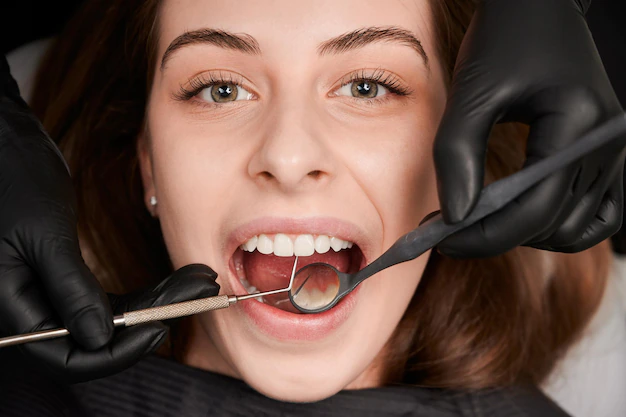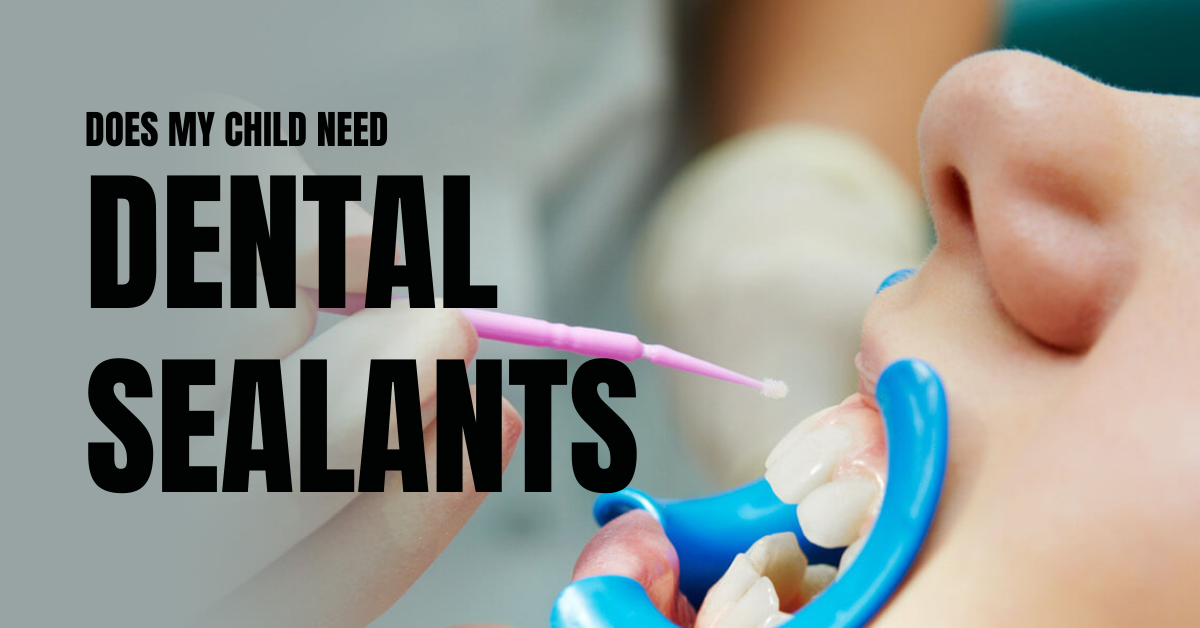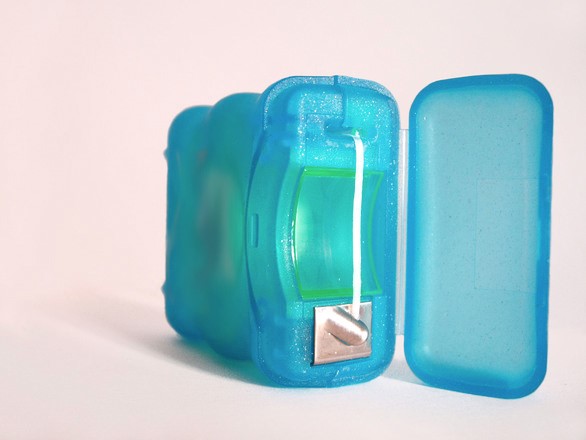You’ve probably heard the old adage, “You are what you eat.” Well, the same can be said for your teeth. If you don’t take care of your teeth, they’ll decay and become infected. If that happens, you could end up with a mouth full of cavities, gum disease or other problems related to your oral health. Dental cleanings can help prevent tooth decay, gum disease and some forms of oral cancers. They will also help keep your mouth in shape by preventing infections and keeping plaque off your teeth. Eating right and getting regular dental cleanings can help prevent these issues from happening in the first place.
Here are 6 reasons why regular dental cleanings are important:
1. Prevents gum disease
Gum disease is a common problem that affects more than 90 percent of adults over the age of 25. It’s caused by plaque and tartar buildup on the teeth and gums. Plaque is a substance that forms when bacteria feed off food and drink left on your teeth for too long. Tartar is hardened plaque, which can be removed by brushing with a soft-bristled toothbrush and flossing at least once daily.
2. Prevents cavities
Cavities are caused by acid from plaque or other substances eating away at the tooth enamel and mineralizing into spaces between teeth called pits or fissures in your enamel. This leads to cavities as well as pain, sensitivity, bad breath and tooth loss over time if left untreated.
3. Prevents gum recession
Gum recession is a serious problem because it can cause loose gums as they pull back from the tooth surface, exposing the root surfaces of your teeth. When you see your dentist every six months, your dentist can perform an oral examination to check for any existing fillings, crowns, bridges, implants, root canals, or prosthetics; make a note of any missing, chipped, broken, or decayed teeth that need attention; check for early signs of throat or mouth cancer; assess your jaw joint for signs of TMD, and more.
4. Reduces the Risk of Gingivitis
Gingivitis is a common oral health problem that occurs when gums become inflamed and swollen due to poor oral hygiene habits like neglecting your gums or brushing too hard with hard bristles on your toothbrush or toothpaste (tartar). Reducing this inflammation helps protect against future periodontal disease.
5. Prevents tooth decay
Teeth are made of hard material, but they’re not impervious to damage. Any injury to the outer enamel layer of your teeth will cause them to become vulnerable to cavities and infections. The most common cause of tooth decay is bacteria that live in the plaque on your teeth. When you eat or drink something containing sugar, bacteria produce acid that attacks the enamel layer and causes decay.
6. Eliminates Plaque Buildup
Plaque is a biofilm that forms on the surfaces of our teeth. It contains plaque bacteria, which can cause tooth decay and gum disease. Plaque also causes bad breath because it collects food particles in between your teeth where they become sticky and hard to remove with brushing or flossing alone. Regular dental cleanings help to remove plaque buildup from between your teeth so that food particles aren’t trapped there anymore!
CONCLUSION
Just remember that if you brush your teeth and floss frequently, you shouldn’t have any problem making regular dental cleanings a part of your routine. However, if you do happen to miss a few, it is also critical that you get them done as soon as possible. By having your mouths professionally cleaned every few months you can potentially prevent damage to your gums and teeth and keep them at optimal health level.
Visit our Berwyn dentist and get started with your regular dental cleanings today.






 A happy smile is a healthy smile! There are a number of steps you can take to keep your smile healthy by reducing your risk of developing tooth decay. Here are a few suggestions from our team.
A happy smile is a healthy smile! There are a number of steps you can take to keep your smile healthy by reducing your risk of developing tooth decay. Here are a few suggestions from our team.
 We’ve all been told at least once in our life that flossing daily is crucial. Here are four reasons why flossing may be beneficial for your oral health routine:
We’ve all been told at least once in our life that flossing daily is crucial. Here are four reasons why flossing may be beneficial for your oral health routine:
 Nearly everyone has at least one habit that they wish they could break. Did you know that some of them can affect your oral health? Here are a few common habits and tips for how to break them.
Nearly everyone has at least one habit that they wish they could break. Did you know that some of them can affect your oral health? Here are a few common habits and tips for how to break them.